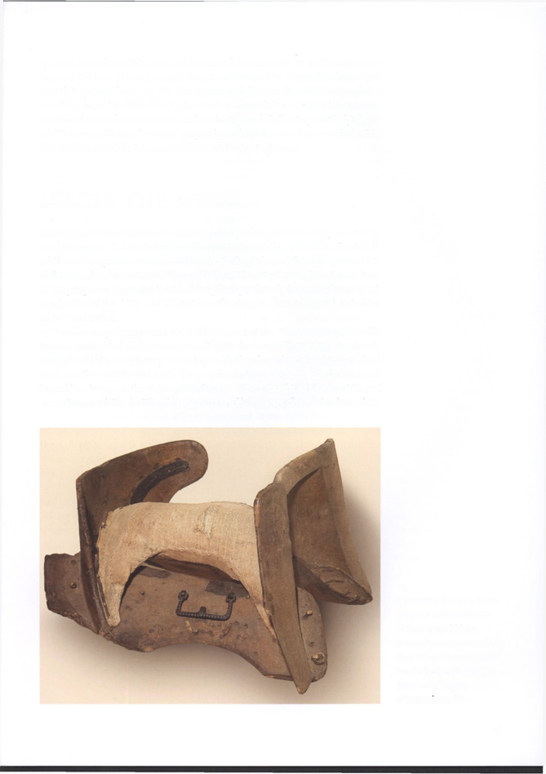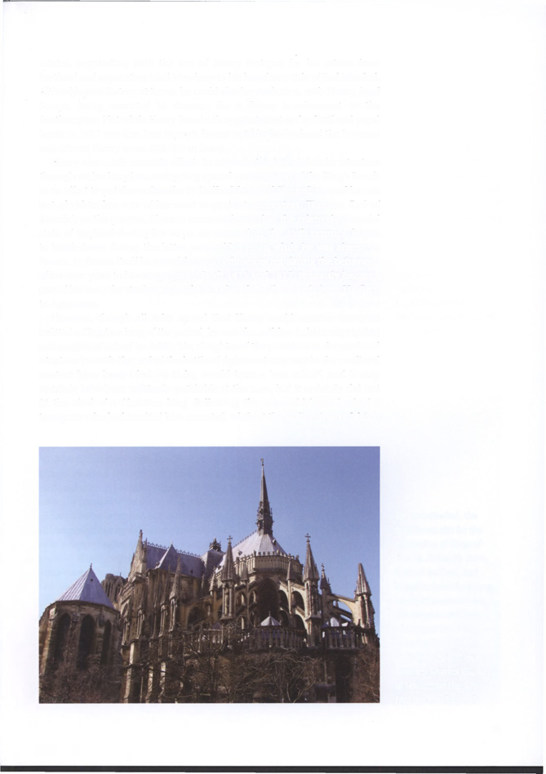Henry V: The Background, Strategies, Tactics and Battlefield Experiences of the Greatest Commanders of History Paperback (19 page)
Authors: Marcus Cowper
Tags: #Military History - Medieval

Bishop of Winchester and, from 1426, Cardinal.
The split in the council developed into a pro-war
party - led by Gloucester - and those who sought
a more conciliatory line - led by Beaufort.
In France matters were simpler, particularly
when Charles VI died only seven weeks after
Henry on 21 October 1422. This left John, Duke
of Bedford, as regent for Henry VI in France and he
carried out his duties with great ability, securing the
Anglo-Burgundian alliance through his marriage to
Anne of Burgundy in June 1423. He won battlefield
victories over Anglo-Scots forces at Cravant in 1423
and Verneuil in 1424 that opened the way for
further English conquests and advances into Maine
and down to the Loire, leading to the siege of
Orleans in October 1428. However, the French,
inspired by Joan of Arc, raised the siege of Orleans
in 1429 and defeated the English in battle at Patay
in the same year, opening up the road to Reims for
Joan and the Dauphin, with him being crowned
Charles VII there on 17 July 1429. This caused
An illustration from a
a crisis in the English possessions in France with Paris itself threatened.
15th-century French
Although Bedford managed to stabilize the situation, momentum had swung
manuscript stored in the
back to the French and, following Bedford's death in 1435, the Duke
Bibliotheque Nationale,
of Burgundy split with the English and allied himself to Charles VII through
Paris (Ms. franqais 2678,
the Treaty of Arras, irrevocably shifting the balance of military power against
fol.35 v. Paris), showing
the English forces, with Paris falling in 1436. Henry VI's assumption of full
the signing of the Treaty
power did little to halt this trend, and by 1440 Harfleur had been reconquered
ofTroyeson 21 May 1420.
by the French before a truce was agreed in May 1444. This lasted for five years
Henry V is shown to the
until Charles VII, having built up his forces, declared war on 17 July 1449.
left with Philip of
In a rapid campaign he swept up the remaining English positions in
Burgundy to the right.
Normandy, with Rouen falling on 29 October and the English decisively
Philip's abandonment of
defeated at Formigny on 15 April 1450; Cherbourg, the last English-held place
his English alliance and
in Normandy, finally surrendered on 12 August. Charles VII then turned to
reconciliation with Charles
Gascony and cleared the English from their last major possession in France,
VII in 1435 proved the
with Bordeaux finally falling on 19 October 1453.
decisive blow for English
The series of defeats in Normandy and Gascony, combined with Henry
hopes in France.
VI's vacillating leadership, led to a series of increasingly bitter disputes
(akg-images/VISIOARS)
between his magnates, with Edward, Duke of York, leading the calls for
reform. These aristocratic disputes would break out into the Wars of the Roses
that would ultimately see the downfall of the Lancastrian kingdom of France
as well as England.
So Henry V's achievements did not prove to be particularly long lasting, but
his battlefield victory at Agincourt was stunning, and his campaign to reduce
the fortifications of Normandy and beyond was impressive in its planning,
organization and intensity, a fact recognized by French commentators as well
56


as more biased English ones. He benefited enormously in both campaigns
from a fatal lack of unity on the French side caused by the state of near civil
war that existed between the Armagnac and Burgundian factions and the
mental incapacity of Charles VI. So much of the solidity of Henry's conquests
was based upon his reputation and authority and, following his early death
and the reconciliation between Burgundy and the Crown, there was little that
the English could do to preserve their territories in France.
I N S I D E T H E M I N D
Henry V has been heralded by many as the perfect medieval king, lauded by
the historian K. B. MacFarlane as 'the greatest man that ever ruled England',
while contemporary commentators, both English and French, praised his
abilities and achievements. These fitted neatly into the medieval paradigm
of kingship, based around the ideal king being militarily brave and successful,
a defender of the faith and Christian orthodoxy and an impartial upholder
of law and order.
In many ways Henry certainly did fill these criteria. That he was personally
brave is undoubted - his severe wounding in the face at Shrewsbury is an early
example of this, with Henry returning to the battle and only seeking medical
aid once the victory was won. During the Agincourt campaign he exposed
himself to danger at the siege of Harfleur and then fought in the front line of
men-at-arms at the battle of Agincourt itself. Various chronicles have him
The saddle of Henry V from
his tomb in Westminster
Abbey. It would have
originally been covered in
blue velvet decorated with
fleurs-de-lys. (Copyright
Dean and Chapter
of Westminster)
57


standing over the body of his brother, Humphrey, Duke of Gloucester, fighting
off the French, while other sources relate how 18 squires of the Sire de Croy
attempted to kill him, with one managing to strike one of the fleurets off his
crown before they were all killed (other sources attribute this to the Duke of
Alen^on). The chronicler of St Albans, Thomas Walsingham, says of Henry at
the battle: 'He both inflicted and received cruel wounds, offering an example in
his own person to his men by his bravery in scattering the opposing battle lines
with a battle axe', while Tito Livio says he fought Tike an unvanquished lion'
and the
Gesta Henrici Quinti
relates how 'Nor do our older men remember any
prince having commanded his people on the march with more effort, bravery
or consideration, or having, with his own hand, performed greater feats of
strength in the field.' This impression of personal bravery is confirmed in the
later campaigns when he exposed himself to danger at various sieges, including
fighting in the mines beneath the town of Melun during the siege of 1420.
However, his military achievements, particularly in the campaigns from 1417
to 1420, were not based so much upon his personal reputation for bravery, but
upon his organizational and logistic skills in keeping a well-supplied army in the
field year round, enabling him to take town after town, fortress after fortress,
constantly keeping his enemies under pressure and creating a momentum
behind his conquests that led to some towns and fortifications capitulating
merely at the arrival of his army. His success in these various campaigns and
sieges merely confirmed in his eyes, and many of his contemporaries, that he
and his cause were favoured by God.
His personal religious beliefs appear to have been orthodox and deeply
held. Even before his accession to the throne he was involved in the
suppression of the Lollard heresy, being present at the burning of John
Badby in 1409 and supporting Archbishop Thomas Arundel's purge of
Lollards from Oxford University in 1411. After his accession he himself
had to deal with the Lollard-inspired Oldcastle Revolt in 1414, though it
is possible that contemporary chroniclers have over-emphasized the
seriousness of this rebellion.
Despite the dissolute reputation of the 'Hal' of Shakespeare's
Henry IV, Part
I
and
Henry IV, Part II,
there is little evidence of any disorder in his personal
life prior to his gaining the throne, and his personal religious fervour is
further attested to by his interest in and patronage of the austere Carthusian
Order. He was the last English king to found new religious houses, and the
Carthusian house at Sheen and Brigittine house at Syon, both founded in
1415, were the last major foundations prior to the Reformation.
His interest in law and order and impartial justice, key aspects of medieval
kingship, also appear to have been sincerely held and to have applied both in
England and France. Right at the beginning of his reign he offered a general
pardon for offences committed in his father's reign, a policy that was
particularly effective in Wales following the collapse of the Glendower revolt.
He was also particularly conciliatory to the descendants of those who had
fallen foul of his father during the turbulent years of the early 15th century,
restoring men such as John Holland - the future Earl of Huntingdon - to his
